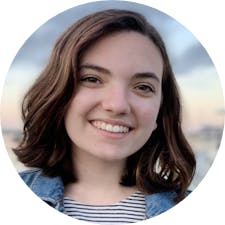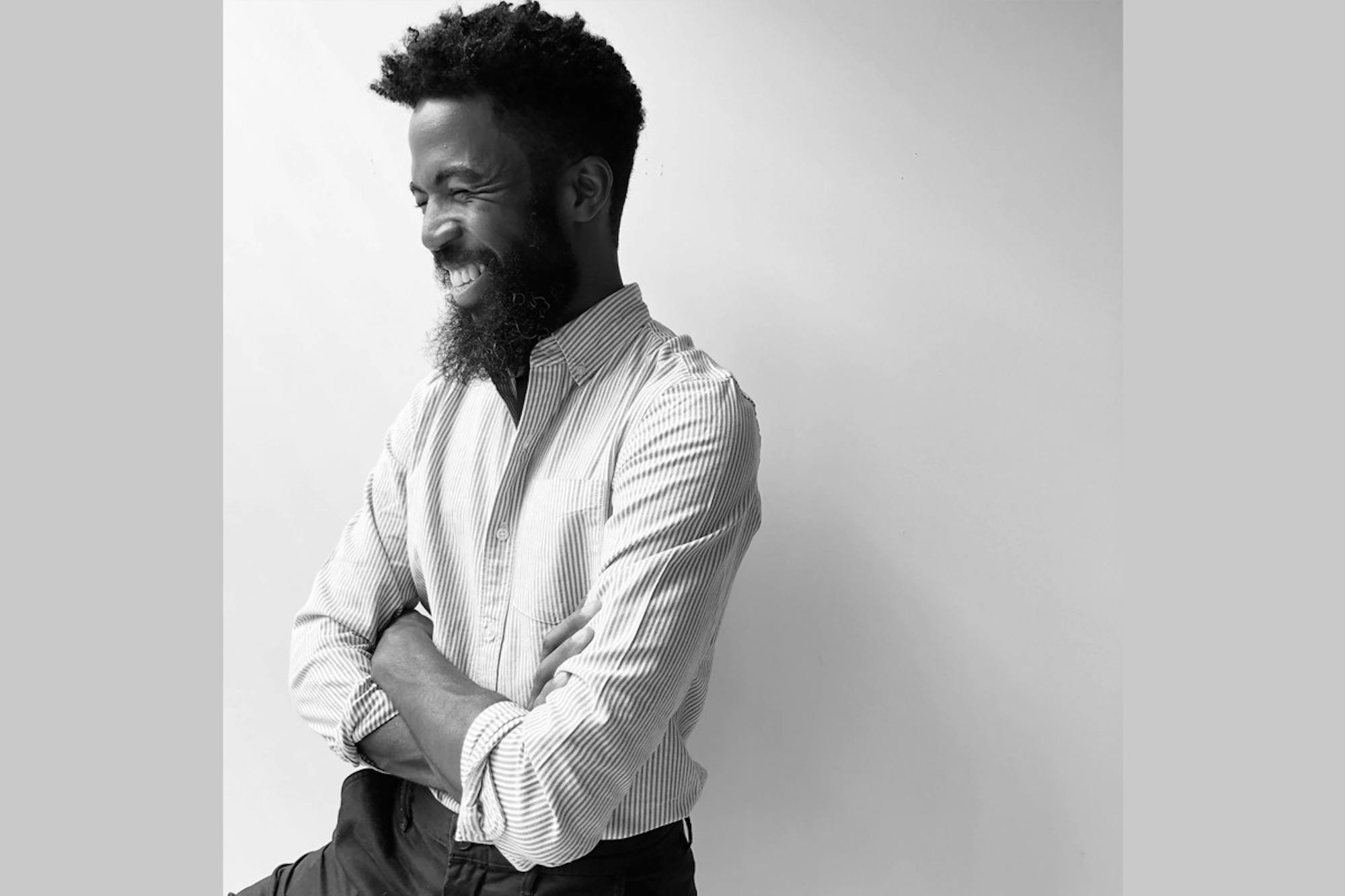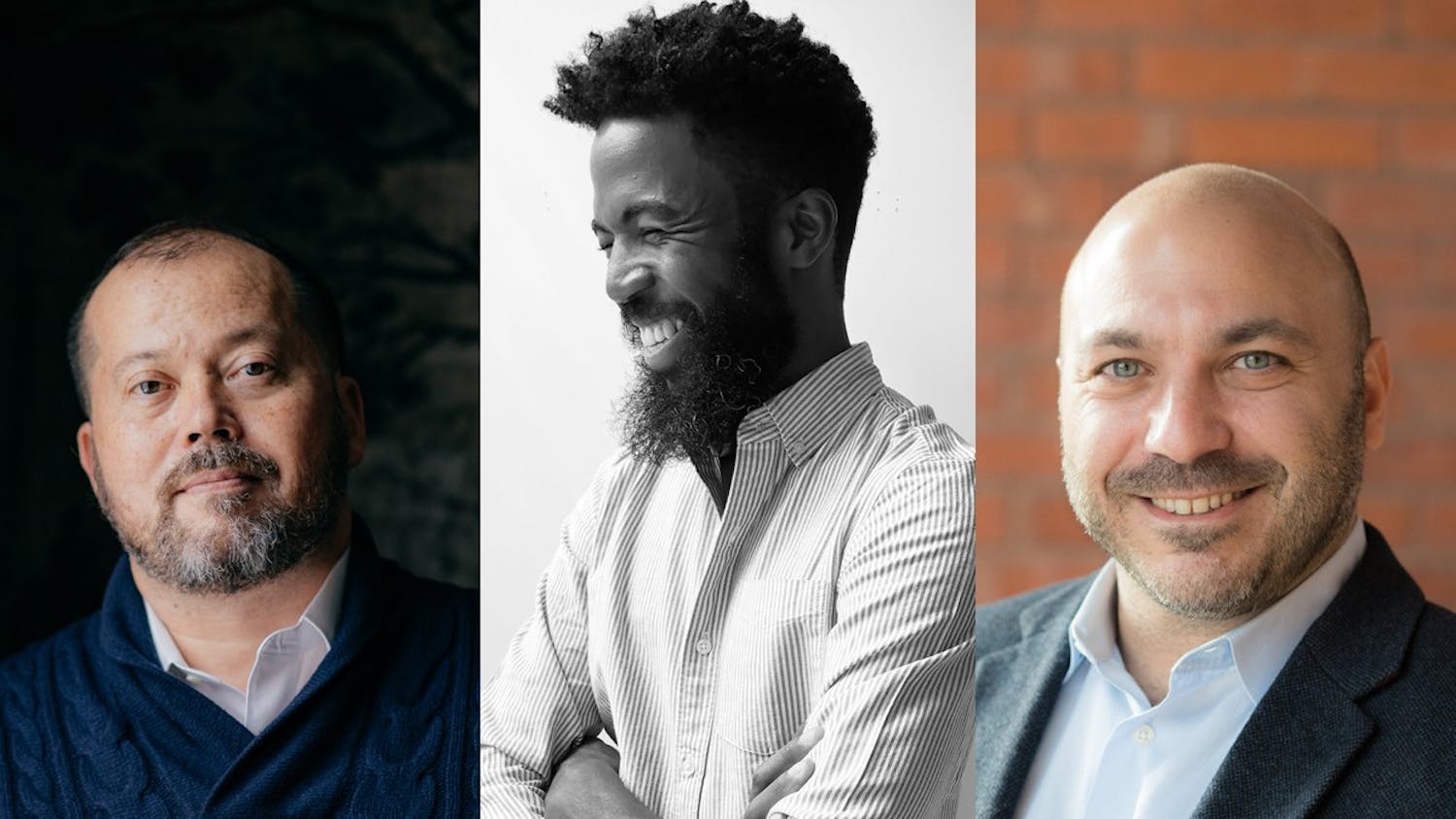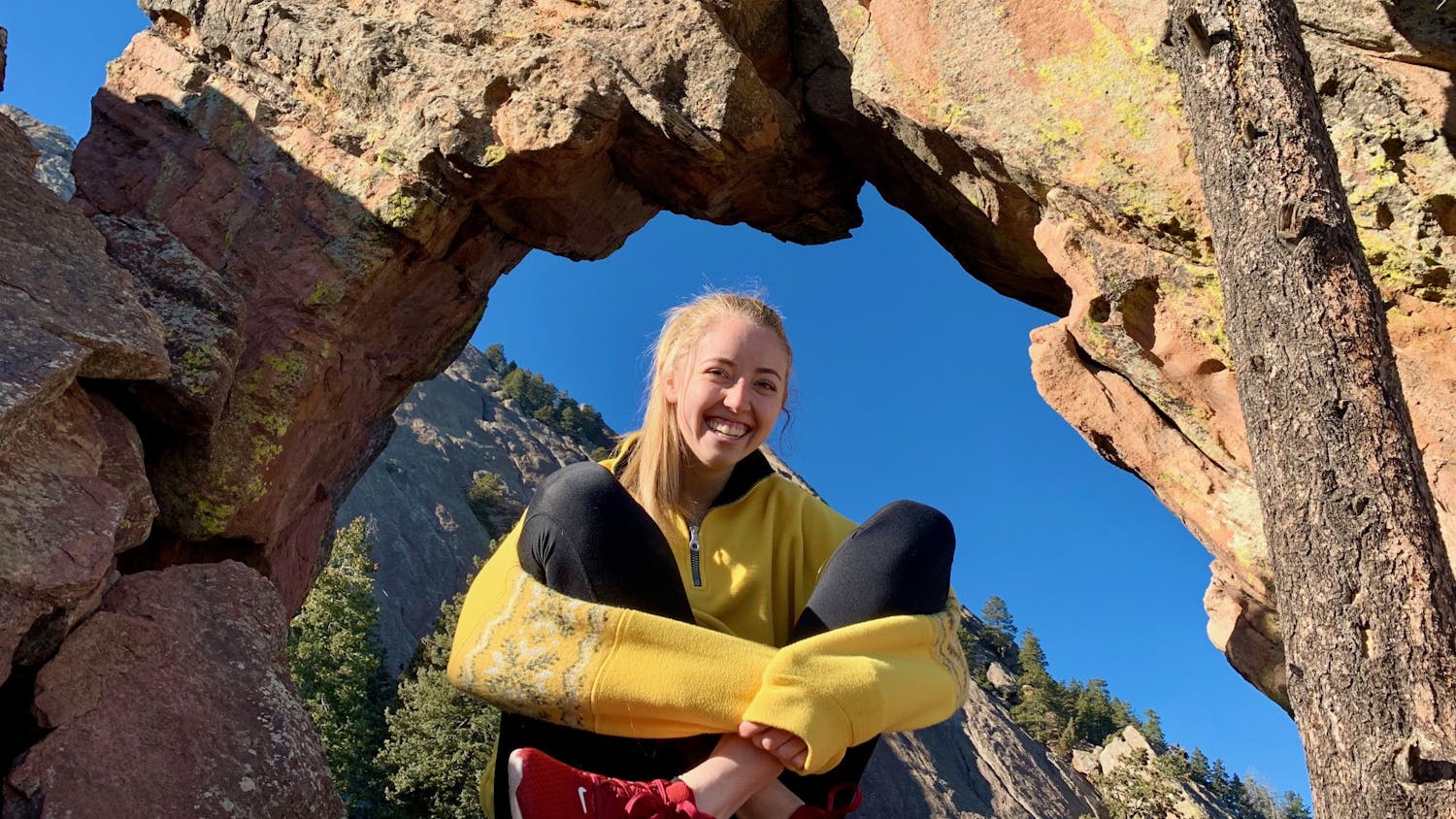Every year, ten of the most promising voices in literature receive the Whiting Award, a prize that Vanity Fair has dubbed the “crystal ball of the literature world” for its tendency to go to up-and-coming writers early in their careers. Past winners have gone on to receive other prestigious awards including the Pulitzer Prize and the National Book Award. On April 14, English and creative writing professor Joshua Bennett won the award for his work in both poetry and nonfiction.
Bennett is the Mellon Assistant Professor of English and Creative Writing. He studied Africana Studies and English as an undergraduate at the University of Pennsylvania and received an M.A. in theater and performance studies from the University of Warwick, where he was a Marshall Scholar, and a Ph.D. in English from Princeton University. He has performed his spoken word poetry nationwide and has authored three books: “Being Property Once Myself: Blackness and the End of Man,” “Owed” and “The Sobbing School.” Bennett is also a recent recipient of a Guggenheim Fellowship.
In an interview with The Dartmouth, Bennett shared his experiences as both a writer and scholar and discussed what winning this award means to him.
How do you feel that your scholarship and teaching informs your writing, and in turn, how does your writing inform your scholarship and teaching?
JB: For me, the poetry, the literary criticism and the teaching are inextricable. As a spoken word artist, as someone who is very committed to the dance of language on paper and as someone who writes critical theory, I'm always bringing the classroom into the writing. I taught young incarcerated people and students in middle school summer programs. I was always trying to think about the relationship between education and human freedom that comes from an aesthetic and expressive tradition. I was raised in a house where the idea was that you study books not just to expand your mind, but because the larger social order couldn't take anything that you had in your imagination away from you.
The brilliant insights of my students have been one of the great gems of being at Dartmouth. I'm always learning more about texts that I have studied for years by teaching them on campus.
How does your life, in terms of your family and your experiences, inspire your work?
JB: A lot of my work is about kinship, especially how people from historically marginalized communities have theorized about what survival means, what it costs and what it means to raise children in a world that despises them where you know you can't tell them that. They need an affirmative life vision, and I had that. My parents helped give me that, my big sister helped give me that. I went to The Modern School, a predominantly Black preschool in Harlem. There, we sang the Black national anthem every day. I didn't even know what “The Star Spangled Banner” was until my family moved out of the city to Yonkers. To me, “Lift Ev’ry Voice and Sing” was the national anthem. That was the context in which I emerged, in which Blackness was beautiful and multivalent and appeared in a bunch of different languages and skin tones.
I lived in a neighborhood that represented a quite robust vision of the African diaspora, with my friends from families from all across the world. I understood myself as being in close proximity to people that represented so much of life on Earth. Eventually, I got a scholarship to go to a private school when I was 14, and that was the first time I had even encountered this idea that I wasn't supposed to like my neighborhood very much, that I had been rescued by my formal education. I didn't quite see it that way. I was thankful for books and for teachers that loved me, but I didn't have to go to an elite private school to find that. I've had educators my entire life that really stood by me and told me I was smart and invested in me. All of that appears in my work: the cloud of witnesses that helped make my life possible and that helped protect me on the way here.
How do you decide whether to tell a story through poetry or through a more critical nonfiction lens?
JB: I don't know if it's me. There are moments when the work comes through you. Sometimes it's an image in my head, sometimes it's a sound, and when I sit down to write, that's when I figure out what form it's going to take or what genre category it's going to inhabit. Often, when it's in my mind, it's just music. I'm thankful that I haven't lost that yet. That's been my practice for a long time, for decades now. The more I gather instruments, the more I gather tools from reading other writers, or listening to new musicians, or encountering a piece of visual art or film that astonishes me, that adds other layers to it. When I sit down, I imagine that what I'm producing is in no small part those influences flowing through me.
What do you hope that readers take away from your work?
JB: Encouragement. That's what I turn to language for. Part of why I've always loved reading is that it's a reminder that you're not alone. There's this other constellation of voices out there, and they're speaking back to you through the text, through the record, from the shadows and from beyond to let you know that it's going to be alright. Even if it's not, there's no reason for you to worry about that right now. Today has its own trouble.
Right now, there's this James Baldwin passage just above my head that's been on my mind. He wrote, “If you are burdened, the joy of your brother lightens your burden, if you are crawling on your belly, his joy brings you to your feet. It's true: my soul is a witness [...] The happiness of someone you love proves that life is possible.” That's part of what I want people to take away from the work: that life is possible, and that kinship and various forms of community and collectivity and solidarity are possible. I think we live in a historical moment where that can be quite difficult to believe, but I plan to remain a believer.
What was the virtual Whiting Award ceremony like?
JB: It was surreal. I was with my wife, Pam, and we were in the kitchen super dressed up. We still got to rock out with the outfits. So much was still a surprise. I had no idea what the judges were going to say about my work. It was just so deeply moving, I felt so incredibly seen in a unique way. In the digital age, you're just throwing stuff up against the wall, you have no sense of what sticks. It's heartening, deeply moving and encouraging to see the work celebrated and to be in conversation with so many other writers that I admire and respect. We were on Zoom together, all watching the ceremony live. It was quite beautiful that even from a great distance, in different states across the country, we were able to share that moment with one another, in lieu of being able to be at the ceremony together as a cohort.
What does the award mean for you as a writer and for your career moving forward?
JB: I'm immensely thankful for the larger community of writers it puts me in conversation with: people whose work I've read for years and people whose work is newer to me. To see myself now on this list, in this database with all of these incredible writers I studied forever — people like [Pulitzer Prize winner for poetry] Tracy K. Smith, and [National Book Award winner for fiction] Denis Johnson, and [National Book Award winner for poetry] Nathanial Mackey — that's incredible.
Hopefully, what it means for me as a writer going forward is that I can help create new windows and new opportunities for younger writers. I want to help create spaces and share knowledge. The Whiting Foundation has a bunch of other programs that you can apply for, like the magazine awards. Knowing that those places exist, that's knowledge I want to share with younger writers and communities that are historically underrepresented in American poetry. So that, hopefully, is the next step.
This interview has been edited and condensed for clarity and length.





